Here is a short list of some of the best Australian military quotes from soldiers, sailors and airmen. I am crowdsourcing the list, so please add your favourite in the comments.
If you want to learn more about the stories of Australian soldiers, sailors and airmen, our podcasts discuss some of the iconic campaigns that Australians have fought in, including The Battle of Bullecourt, The Battle of Pallier’s Hill, the Kokoda Campaign, the Battle of El Alamein, and the Battle of Long Tan.
Pre WW1 quotes
“Go away, I am too busy to talk to you.” MAJ Tunbridge of the Queensland Mounted Infantry when approached by a Boer contingent seeking surrender. MAJ Tunbridge was 2IC under COL Hore, and was surrounded at Elands River. They had been leading a column of 200 wagons with just 300 men and were surrounded by a Boer force of over 3,000. They were besieged for 8 days, after the first relief force gave up and reported that the column had surrendered. The second relief force of 10,000 men was led by Lord Kitchener.
WW1 quotations
“A modern battle plan is like nothing so much as a score for a musical composition, where the various arms and units are the instruments, and the tasks they perform are their respective musical phrases. Each individual unit must make its entry precisely at the proper moment and play its phase in the general harmony.”
“The true role of infantry was not to expend itself upon heroic physical effort, not to wither away under merciless machine-gun fire, not to impale itself on hostile bayonets, but on the contrary, to advance under the maximum possible protection of the maximum possible array of mechanical resources, in the form of guns, machine-guns, tanks, mortars and aeroplanes; to advance with as little impediment as possible; to be relieved as far as possible of the obligation to fight their way forward.”
General Sir John Monash
Monash’s Battle of Hamel, where he commanded the Australian Corps was a masterpiece of Combined Arms and the first time that the Australian Army had been able to decisively generate the combined arms effect. He had been promoted to LT GEN on the 1st of June.

The story of Captain Frank Bethune’s orders.
Special Orders to No 1 Section 13/3/18
- This position will be held, and the section will remain here until relieved.
- The enemy cannot be allowed to interfere with this programme.
- If the section cannot remain here alive, it will remain here dead, but in any case, it will remain here.
- Should any man, through shell shock or other cause, attempt to surrender, he will remain here dead.
- Should all guns be blown out, the section will use Mills grenades, and other novelties.
- Finally, the position, as stated, will be held.
CAPT Frank Bethune, OC No 1 Section, 3rd Machine Gun Company, Passchendaele. Another of his quotes is, “With our dear ones behind, and God above, and our friends on each side, and only the enemy in front— what more do we wish than that?”
Frank Bethune was a priest, ordained in 1908 and served as the Parish priest at the St John the Baptist Anglican Church in Hobart. He became a fighting padre, enlisting in 1915 as a private. He was commissioned as a 2LT in the 12th Battalion, 3rd BDE. He was awarded the Military Cross for bravery in 1917. In March 1918, Bethune, commanding No 1 section, 3rd Machine Gun Company, was ordered to occupy a defensive position at Buff Bank near Messines in France. The Section survived and 18 day tenure of the position. The orders became famous, being published in The Times and being described as “inspiring and famous”. They were circulated around the British and French armies and in British Army Orders until 1940. After the fall of Dunkirk, they were printed on posters under the caption ‘The spirit which won the last war’ and shown throughout England.
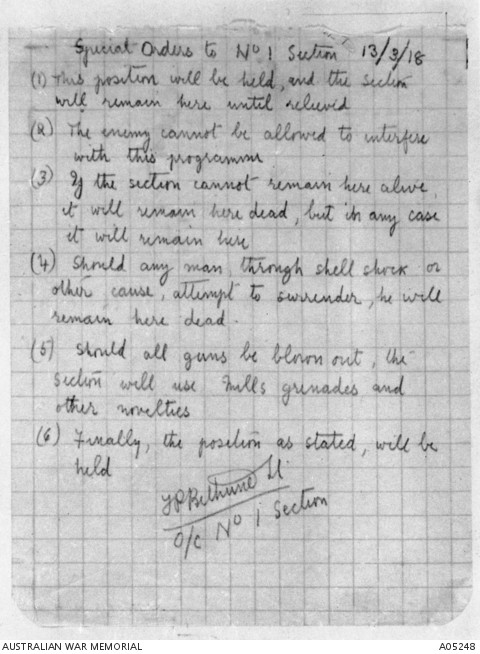

Albert Jacka quotes
“I managed to get the beggars, Sir.” His report to the first Officer into the trench that he had just recaptured at Courtney’s Post, Gallipoli. The Turks launched a counterattack on the 19th of May, 1915, and they managed to capture a 12 yard section of the Australian forward trench. Jacka, a Private at the time, was defending on flank of the captured section. He held the Turks off until reinforcements arrive and quickly planned for four soldiers to take back the trench. On launching his attack, his three mates were shot. He withdrew back into the trench and organised for bombs to be thrown into the trench. Using the smoke and noise of the bombs, he attacked on the flank, shot five Turks, bayonetted another two. The rest of the defenders withdrew. For this action, Jacka was awarded the VC, the first awarded to the AIF in World War I. Jacka would go on to become one of Australia’s most famous soldiers.
Charles Bean wrote of a Platoon counter-attack that he lead at Pozieres on the 7th of August, 1916 ‘as the most dramatic and effective act of individual audacity in the history of the A.I.F.’
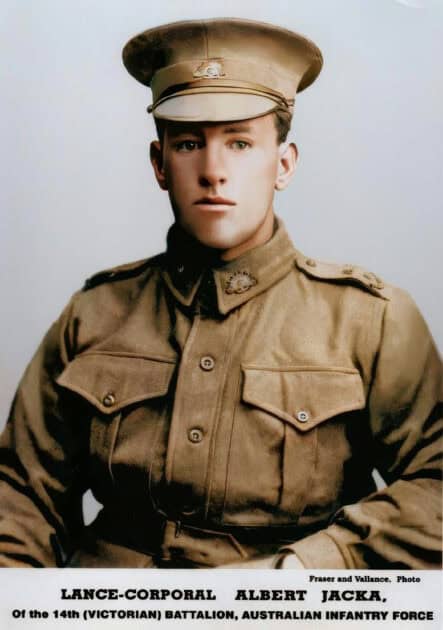
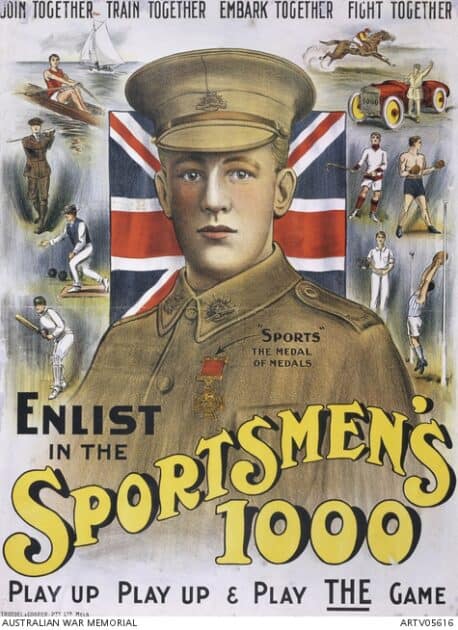
WW2 quotations
“We’re not here to take it, we’re here to give it.” LT GEN Leslie Morshead. On reading a British Propaganda article about the defence of Tobruk entitled “Tobrukl can take it!”
“I determined we should make no man’s land our land,” LT GEN Leslie Morshead. Describing his aggressive and ceaseless patrolling program outside of Tobruk. Morshead’s had a reputation as a strict and demanding officer who insisted on discipline and hard work – his nickname was “Ming the merciless”, or just “Ming” after the Flash Gordon villain. He could be blunt with senior officers. On arriving at Tobruk he inspected his perimeter defences closely and told his principal staff officers, “There will be no Dunkirk here,” and “There is to be no surrender and no retreat.”. He instructed troops to not engage German tanks, but to wait till they passed and then destroy the infantry following on. The artillery was then able to deal with the tanks.
Remember – it is not the man with the gun that gets shot; it’s the rabbit that is running away’ LT GEN Blamey addressing 21st BDE at Koitaki Plantation, during his infamous ‘Rabbits’ speech. LT COL Carlyon, OBE, who served as Blamey’s ADC wrote, “I was there when those fine soldiers formed up, not far from what had been the start-line for their thrust against the enemy. New Guinea’s stormy temperatures being what they are, it may seem absurd for me to say that I was in a cold sweat. Standing beside the small platform from which Blamey was to address the troops, I realised that he was in a most aggressive mood. He was soon expressing this in harsh words. He told the men that they had been defeated, that he had been defeated, and Australia had been defeated. He said this was simply not good enough. Every soldier here had to remember that he was worth three Japanese. In future, he expected no further retirement but advance at all costs. It amazed me that Blamey should deal so insensitively with the men of such a well-proved brigade”
‘Here you bloody well are and here you bloody well stay. And if any bloody German gets between your post and the next, turn your bloody Bren around and shoot him up the arse’ BRIG George Vasey. Instructions to the troops of 19th BDE at the Battle of Thermopylae, 23rd April, 1941.
“Morituri vos salutamus”, those who are about to die, salute you. Group Captain John Lerew. On being directed to keep the airfield at Rabaul open, when he had just 2 Wirraways and 1 Hudson bomber.
“Chin Up Girls, I’m proud of you. I love you all.” Matron Irene Drummond of the AANS (Australian Army Nursing Service) just before she and 21 other nurses were machine-gunned in the Bangka Island Massacre.
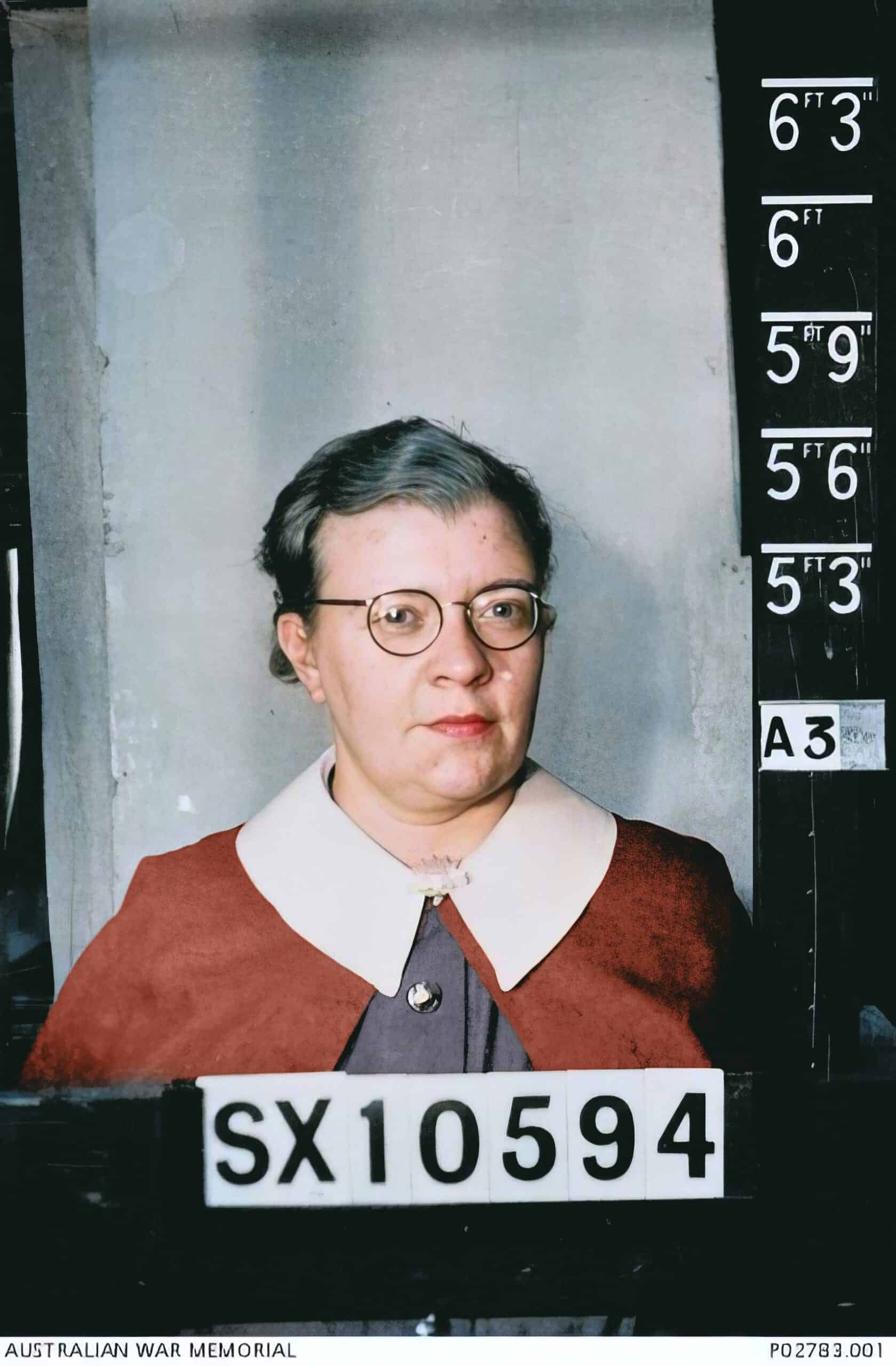
“… never quite realised how dense the fog of war could be!” MAJ GEN Cyril Clowes, 30 Aug, 1942, to LT GEN Syd Rowell after winning the Battle of Milne Bay in New Guinea. He and his brother were in the first class of cadets to enter RMC-D.

“Now I don’t know a lot of you by name, but I know you.
We met at Isurava. We fought there together and every step of the way here.
Now we are relieved, and we will leave the battle.
And every day the enemy supply line stretches further. He suffers now as you have suffered. The battle we fought for the track may have just saved your nation.
At Imita we will stop him.
Brigadier wants you to know…your gallantry, your courage, your fortitude are an inspiration.
And I want you to know that you are some of the finest soldiers that I have ever seen.
You have seen things in this place that no man should witness.
Some of these things you must forget.
But history will remember you, and in the years to come others will wish that they had your conviction.
And remember…remember the glory is not the exhortation of war, but the exhortation of man.
Man’s nobility made transcendent in the fiery crucible of war.
Faithfulness and fortitude. Gentleness and compassion. I am honoured to be your brother.”
6 September 1942: Lieut. Colonel Ralph Honner address to the troops of the 39th Battalion following the Battle of Isurava.
Vietnam War Quotes
I trained the company the way I wanted to train them, based on my experiences in Malaya, where I was a Platoon Commander and where I shot my first enemy and I wanted to see my soldiers go into action with the best possible background, weapon training, teamwork and esprit de corps that we could possibly have and in retrospect, I believe that we achieved that. LT COL Harry Smith, the OC of Delta Coy at Long Tan 18 Aug 1966.
Quotes about the Australian Army, Navy and Air Force
“Even if I wished to surrender, and I don’t, I am commanding Australian who would cut my throat if I accepted your terms.” COL Charles Hore, Commander at the Elands River Post in response to a request from Boer GEN Jacobs Koos de la Rey to surrender. The 500 Australians and Rhodesians were outnumbered 3 to 1. Lord Kitchener went on to say, “Only colonials could have held out and survived in such impossible conditions”.
“The Australian troops are fighting magnificently and their training is far superior to ours.” Field Marshal Erwin Rommel. Writing to his wife, Lucia, about the stubborn defence he was encountering at Tobruk.
“My God, I wish we had 9th Australian Division with us this morning”. MAJ GEN Freddie de Guingand, CoS Allied Land-force HQ Europe, 1944 about the D-Day landings.
“the Australian divisions and the New Zealanders had become what they were to remain for the rest of the war – the spearhead of the British Army” John Terraine, leading British historian of WW1.
“Australian troops had, at Milne Bay, inflicted on the Japanese their first undoubted defeat on land. Some of us may forget that, of all the allies, it was the Australians who first broke the invincibility of the Japanese army.” Field Marshal Sir William Slim, regarding the repulse of the Japanese landing at Milne Bay.
“For dash and gallantry the bloodthirsty Scots, Australians and Canadians led the way, with the impetuous Irish close behind. The Australian to my mind were the most aggressive and managed to keep their form in spite of their questionable discipline. Out of the line, they were undoubtedly difficult to handle, but once in it, they loved a fight. They were a curious mixture of toughness and sentimentality.” LT GEN Sir Adrian Carton de Wiart, VC. This is no faint praise, Sir Adrian Carton de Wiart was awarded the VC as the OC of the 8th Battalion, Gloucestershire Regiment, during the Battle of the Somme. With only one arm, he was seen pulling grenade pins with his teeth in order to help stem the German advances. When a surgeon refused to amputee badly damaged fingers, he tore them off himself. He served in the Boer War in the British Army, despite being underage, didn’t have his fathers consent and not even a British subject. He was wounded so frequently in WW1 that the convalescent home in Park Lane kept his own pyjamas ready for his next visit.

The Battle of El Alamein
LT General Bernard l Montgomery — COMD 8th Army – “I do not know of any Allied Division that could have done that,” on the fighting by the 9th Division and results achieved by them at 2nd El Alamein.
General Alexander’s Farewell Speech – 22 December 9142.
“Officers, Warrant Officers, Non-Commissioned Officers and men of the Australian Imperial Force; these great days we are living in are a time for deeds rather than words, but when great deeds have been done there is no harm in speaking of them. And great deeds have been done.
The Battle of Alamein has made history and you are in the proud position of having taken a major part in that great victory. Your reputation as fighters has always been famous, but I do not think you have ever fought with greater bravery or distincition than you did during that battle, when you broke the German and Italian armies in the Western Desert. Now you have added fresh lustre to your already illustrious name.
Your losses have been heavy indeed and for that we are greatly distressed. But war is a hard and bloody affair, and great victories cannot be won without sacrifice. It is always a fine and moving spectacle to see, as I do today, worthy men who have done their duty on the battlefield assembled in ranks on parade, and those ranks filled again with young recruits and fresh reinforcements. To these future warriors, I extend a warm welcome and greet them as brothers in arms who have come to join the forces in the Middle East which it is my honour to command.
And what of the future? There is no doubt that the fortunes of war have turned in our favour. We now have the initiative and can strike when and where we will. It is we who will choose the future battlegrounds and we will choose them where we can hit the enemy hardest and hurt him most.
There is a hard and bitter struggle ahead before we come to final victory and much hard fighting to be done. In the flux and changes of war, individuals will change. Formations will move from one theatre to another, and where you will be when the next battles are fought I do not know. But wherever you go, my thoughts will always go with you and I shall follow your fortunes with interest and your successes with admiration. There is one thought I shall cherish above all others – under my command fought the 9th Australian Division.
To hear about the exploits of 9th Australian Division that Alexander was talking about, listen to our 2nd El Alamein episode about the 9th Australian Division.
General Harold Alexander – C in C Middle East Command
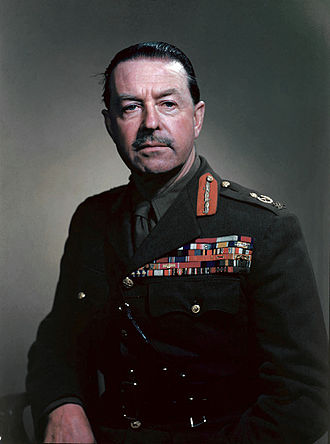
The Australians have seen more fighting against the Japanese than anybody else, and are morally absolutely on top. They are confident, man for man, they can beat the Japanese anywhere, and at any time. Their ideas on training are eminently sound and they have all facilities for training large numbers. I am convinced that very serious consideration should be given to using existing Australian experiences and facilities for training British instructors for British troops in jungle warfare.
MAJGEN John ‘Tubby’ Lethbridge, head of No. 220 Military Mission from Indian Army, after touring Australian Jungle Warfare training facilities in February 1943.

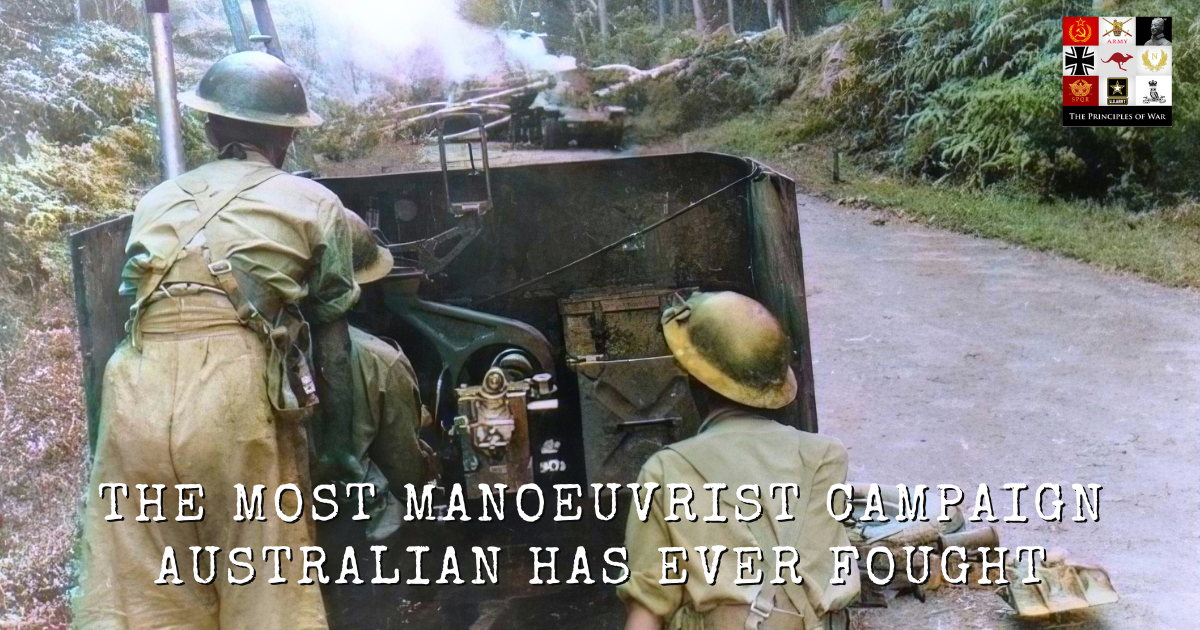
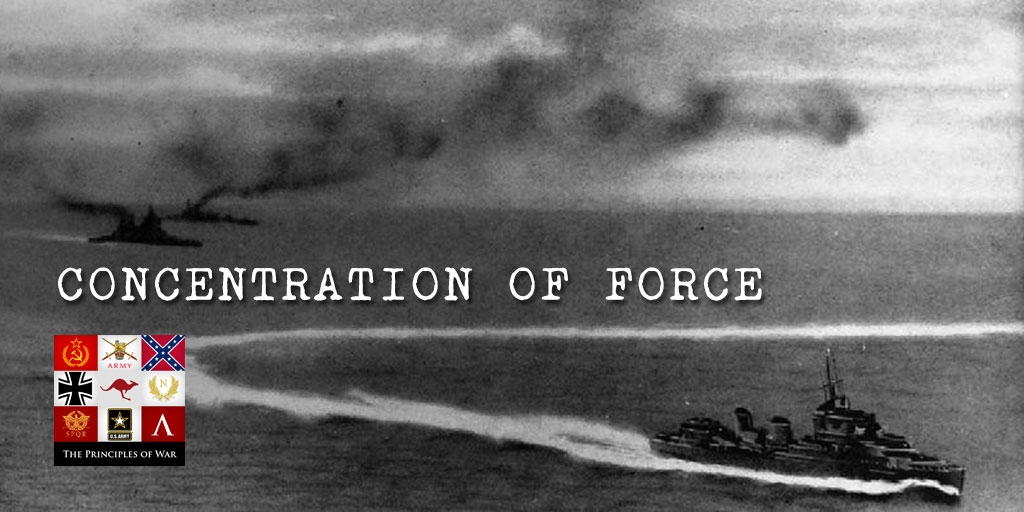

2 comments
Rommel “if I had to take hell I would choose the Australians and the New Zealanders to hold it.!
It is many years since I read it, but there is a quote attributed to Monash to the effect that Australian troops were naturally disciplined when they saw the need for it… and that the responsibility of leaders was to keep them interested and to give them a role in the solving of problems.
I originally saw it printed in a Rural Fire Service training manual, but no longer possess that material.